Government must do more to ensure press freedom

In our pursuit of a fair, anti-discriminatory Bangladesh, few values are as vital as press freedom. We are, therefore, concerned by the persistent intimidation, harassment, and insecurity experienced by journalists, which shows how the media landscape remains fraught with obstacles despite the political changeover. The alarm raised by Transparency International Bangladesh (TIB) and the Editors' Council in this regard recently underscores the urgency of addressing these challenges, and the responsibility for this falls primarily on the interim government. This is not to detract from journalists' duty to uphold ethical standards, but a free press, by definition, comes without any restriction or condition, regardless of its outcomes.
Unfortunately, journalists today still face physical attacks, threats, slander, and frivolous lawsuits. In their statements, both TIB and the Editors' Council also noted the escalating rhetoric and even threats of siege by certain quarters targeting certain media houses, including this daily. Such attempts to suppress the media or manipulate its coverage whenever it challenges powerful interests hark back to the abuses witnessed under the previous regime, whose actions over 14 years led to Bangladesh's position plummeting 42 notches on the World Press Freedom Index.
The government, for its part, did take some positive steps aligned with its commitment to ensure media freedom. It has moved to repeal the much-criticised Cyber Security Act (formerly Digital Security Act), with plans to withdraw all cases filed under this law. It has undertaken measures to revitalise state media organisations and established a media commission to drive reforms in the sector.
However, it is its failure—or lack of proactive role—to safeguard journalists from ongoing attacks and harassment that has raised concerns. Recent statements from top officials, including the information adviser, warning media outlets about coverage of banned or "fascist" organisations such as Awami League's student wing, Chhatra League, only deepen these worries. The abrupt revocation of accreditation cards for many journalists, reportedly for similar reasons, further contrasts with the government's commitment to press freedom.
This approach, we must say, not only dismisses journalistic independence but also weaponises the media's duty to cover all sides of the political spectrum. It also risks robbing any media reform drive of its credibility. The government, thus, can be held accountable for both its actions and inactions. Against this backdrop, the priority is to end ongoing assaults on journalism and restore confidence in media independence. A "new Bangladesh" cannot thrive if its media remains shackled by fear and intimidation. The government must ensure robust protections for journalists and unequivocally condemn any attempts to silence or manipulate the press through coercive tactics.

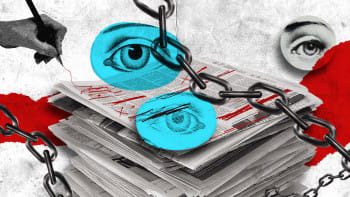
 For all latest news, follow The Daily Star's Google News channel.
For all latest news, follow The Daily Star's Google News channel. 

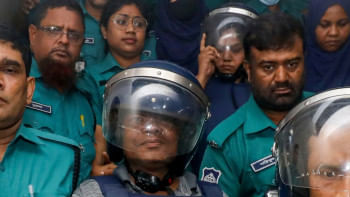


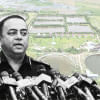


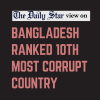


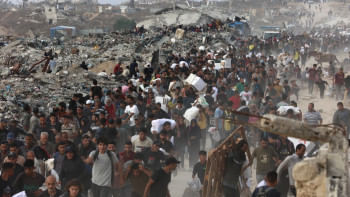
Comments